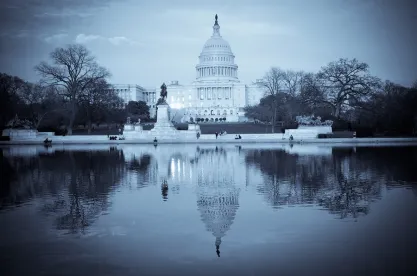On Sept. 30, 2020, the U.S. Senate passed and the president signed H.R. 8337 to keep the U.S. government operational through Dec. 11, 2020. This action will maintain vital immigration programs such as the EB-5 Immigrant Investor Regional Center Program, E-Verify, Conrad 30 Waiver Program for J-1 medical doctors and non-minister religious workers programs.
The legislation also adds additional options for premium processing of certain types of petitions that are filed with the U.S. Citizenship and Immigration Services (USCIS). USCIS is permitted to authorize premium processing for any category it deems appropriate. Congress is now requiring USCIS to increase the premium processing fees and to expand it more broadly to additional employment-based categories including EB-1, EB-2, and EB-3; applications to change or extend non-immigrant visa status; and applications for employment authorization (EADs). EB-5 is not included in the legislation. This legislation provides for a $2,500 premium processing fee for most applications filed before Aug. 1, 2020. The timelines for specific types of filings vary between 15 to 45 days under premium processing. USCIS is tasked with going through the regulatory process to come up with the fees and any additional timelines on a going-forward basis.



 />i
/>i

